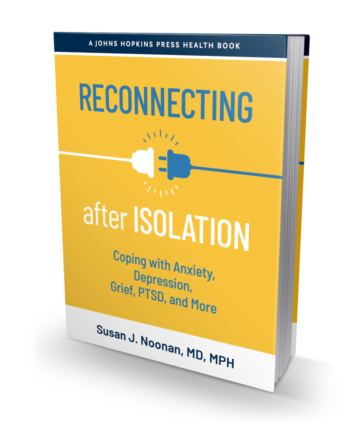 The world may seem to be full of bad things that may or may not happen to us, that feel scary and raise our level of anxiety. This can be quite overwhelming if we allow it, less so if we consider the reality of the risk and learn how to deal with our inner thoughts around it.
The world may seem to be full of bad things that may or may not happen to us, that feel scary and raise our level of anxiety. This can be quite overwhelming if we allow it, less so if we consider the reality of the risk and learn how to deal with our inner thoughts around it.
One example that has come to recent attention is the Zika virus, a virus carried by the Aedes aegypti mosquito in certain parts of the world (Mexico, Central America, South America) that infects humans if they are bitten by an infected strain of this mosquito. The most common symptoms people experience are mild, short term illnesses with rash, fever, joint pains, and red eye (conjunctivitis). The concern that makes them anxious is a suspected link between Zika virus infection and giving birth to a baby with an abnormally small head and brain (microcephaly), a devastating condition. The Zika virus is not the only infection that may cause birth defects – others include rubella (german measles), cytomegalovirus, or toxoplasmosis. The problem with this is that we have little information about the Zika virus and do not know how to prevent its damage – there is no vaccine or treatment. There are only efforts to prevent mosquito bites in an affected geographic area.
Why is this important? It teaches us about ourselves and how we react to possible stressors and/or threats to our lives and safety. At first glance one may become very anxious and worried, even have a panic attack. Pregnancy is often a time when the combined desire to keep her baby safe and hormonal fluctuations may make a woman very anxious and sometimes depressed about worst-case outcomes. This happens whether or not the woman has even been exposed to the virus.
There are steps that you can take to help you manage a stressor such as the Zika virus threat. Use these as an example for other sources of anxiety and worry in your life. First, tell yourself that it’s ok to worry about things that are unknown. Set aside a very brief period each day to allow yourself to worry, then move on. Get accurate facts from a reliable source such as your family doctor (PCP), online at the Center for Disease Control (www.cdc.gov), or other reliable sites. Ask your PCP to help you assess your risk (have you traveled to an area where this mosquito is present? have you been exposed to the virus? when? was it within the timeframe when you conceived your baby?). This will help to interrupt the inner negative thoughts that have you convinced of a bad outcome.
Once you have all of this information in hand, take a break from watching the news on TV or searching Google, where mis-information may cause you more anxiety. Keep yourself busy, distracted and in the present moment doing activities, hobbies, things you like to do in addition to your work and home responsibilities. Exercise at a moderate level on a daily basis. Make sure that you attend to the Basics of Mental Health and get regular sleep, diet and nutrition, schedule and structure your day, and keep up with social contacts such as friends and family.
If you find that the horrific events of the newsday are still haunting you, that you are unable to contain your anxiety and worry, then it may be time to speak with a mental health professional.
Stay well!
